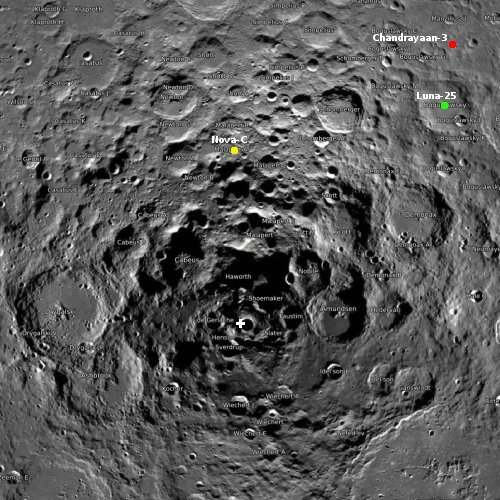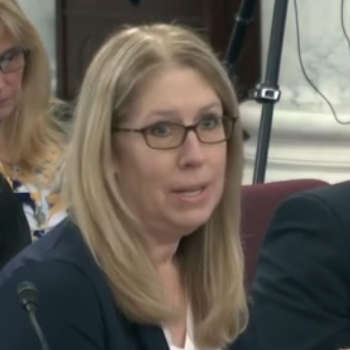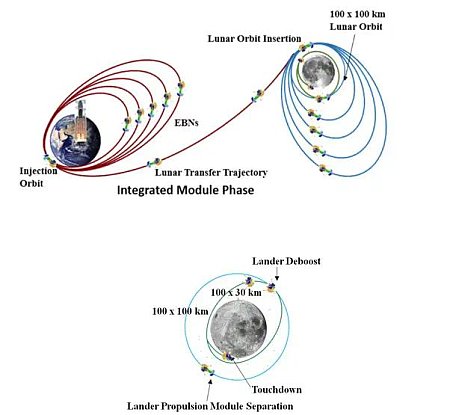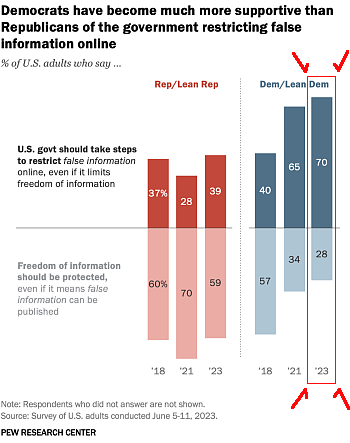Chandrayaan-3 enters lunar orbit
India’s Chandrayaan-3 spacecraft today successfully entered lunar orbit, where it will spend the next week or so slowly lowering its orbit in preparation for a landing attempt by its Vikram lander on August 23rd.
Chandrayaan-3 began a roughly 30-minute burn around 9:30 a.m. Eastern, seeing the spacecraft enter an elliptical lunar orbit, the Indian Space Research Organization (ISRO) stated via social media. “MOX, ISTRAC, this is Chandrayaan-3. I am feeling lunar gravity,” ISRO Tweeted. “A retro-burning at the Perilune was commanded from the Mission Operations Complex (MOX), ISTRAC, Bengaluru.”
The spacecraft will gradually alter its orbit with a burn to reduce apolune Sunday, Aug. 6. It will settle into a 100-kilometer-altitude, circular polar orbit on Aug. 17. From here, the Vikram lander will separate from the mission’s propulsion module and enter a 35 x 100-km orbit in preparation for landing.
If the landing attempt is successful, the Pragyam rover will roll off Vikram to operate for about two weeks on the lunar surface in the high southern latitudes of the Moon.
Meanwhile, the Russian lander Luna-25 will launch on August 10th. Since the rocket that launches it and engines it carries are larger than that used by Chandrayaan-3, it will likely land in Boguslawsky crater, before Vikram touches down nearby.
India’s Chandrayaan-3 spacecraft today successfully entered lunar orbit, where it will spend the next week or so slowly lowering its orbit in preparation for a landing attempt by its Vikram lander on August 23rd.
Chandrayaan-3 began a roughly 30-minute burn around 9:30 a.m. Eastern, seeing the spacecraft enter an elliptical lunar orbit, the Indian Space Research Organization (ISRO) stated via social media. “MOX, ISTRAC, this is Chandrayaan-3. I am feeling lunar gravity,” ISRO Tweeted. “A retro-burning at the Perilune was commanded from the Mission Operations Complex (MOX), ISTRAC, Bengaluru.”
The spacecraft will gradually alter its orbit with a burn to reduce apolune Sunday, Aug. 6. It will settle into a 100-kilometer-altitude, circular polar orbit on Aug. 17. From here, the Vikram lander will separate from the mission’s propulsion module and enter a 35 x 100-km orbit in preparation for landing.
If the landing attempt is successful, the Pragyam rover will roll off Vikram to operate for about two weeks on the lunar surface in the high southern latitudes of the Moon.
Meanwhile, the Russian lander Luna-25 will launch on August 10th. Since the rocket that launches it and engines it carries are larger than that used by Chandrayaan-3, it will likely land in Boguslawsky crater, before Vikram touches down nearby.










